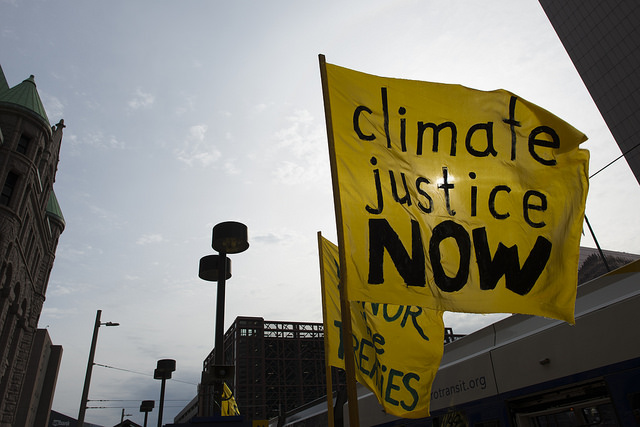
If America can find $716bn for the military, it can fund the Green New Deal
If we redirected the trillions spent on fruitless wars, funding Medicare for All and a Green New Deal is perfectly realistic

If we redirected the trillions spent on fruitless wars, funding Medicare for All and a Green New Deal is perfectly realistic
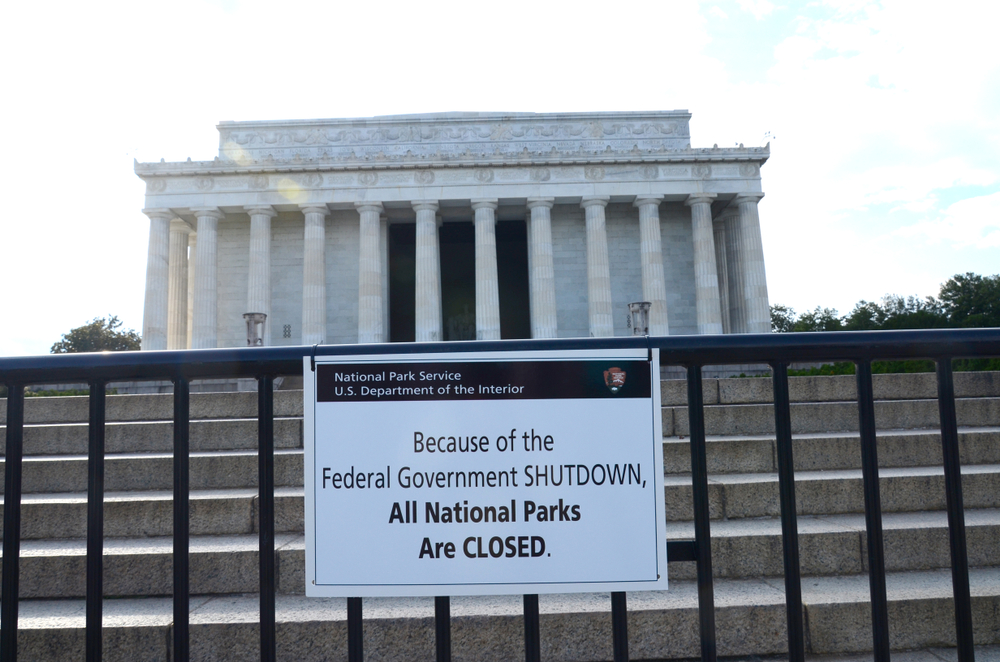
The right wing could use the shutdown as a pretext to accelerate cuts to public services it deems ‘inessential.’

The White House’s crude deflections on science aren’t simply ignorant — they’re calculated to serve the fossil fuel industry at the entire planet’s expense.
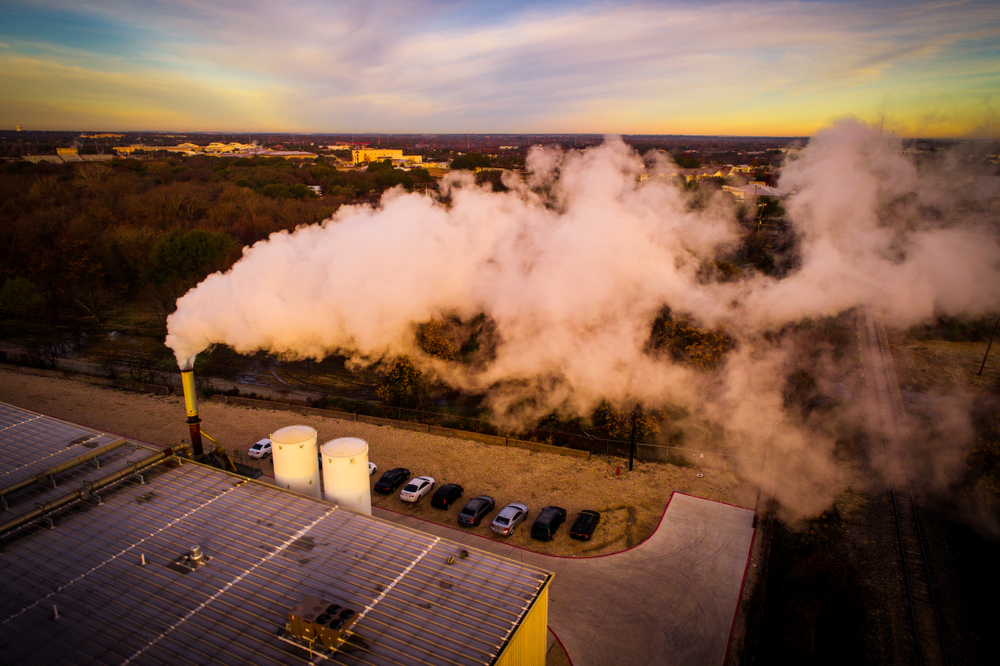
Some 250 million years ago, life on Earth survived an existential climate crisis. But that Earth had a distinct advantage. No rich.
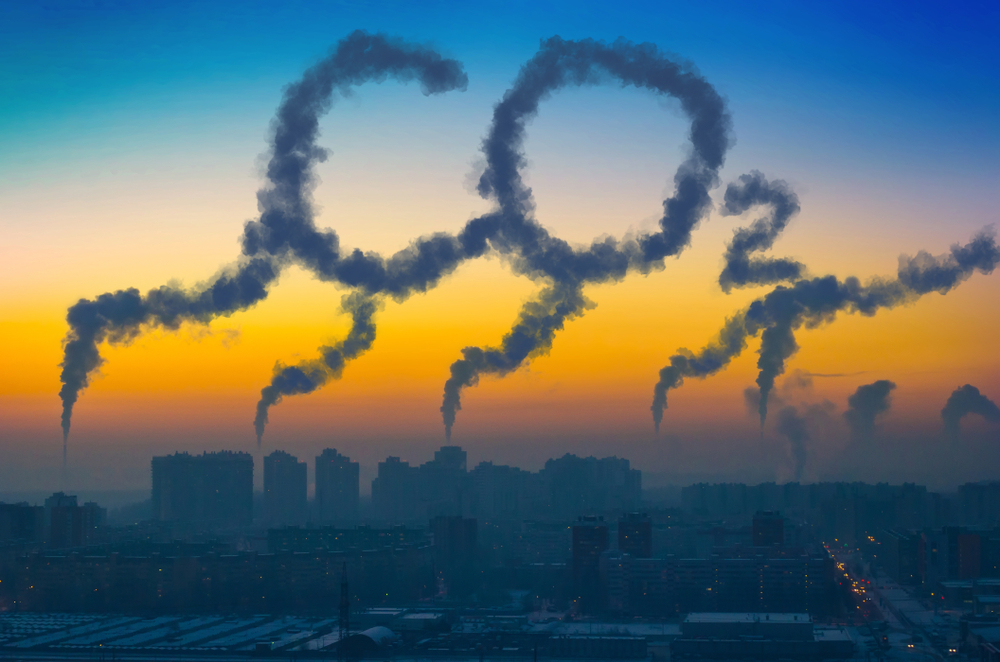
Global temperatures are rising unmanageably quick, but a shift in public consciousness could lead to the climate policy changes we desperately need.
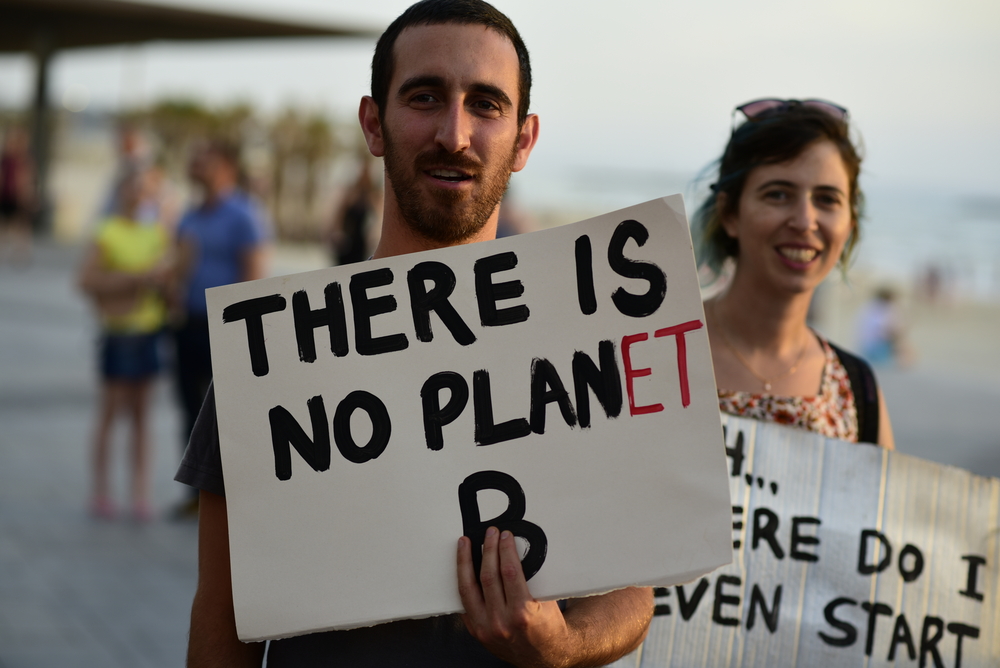
The global reaction to two landmark new reports suggests the world could well lose that confrontation.

Puerto Rican movements are rebuilding their island in a way that not only enhances climate resilience, but also reclaims their political power.
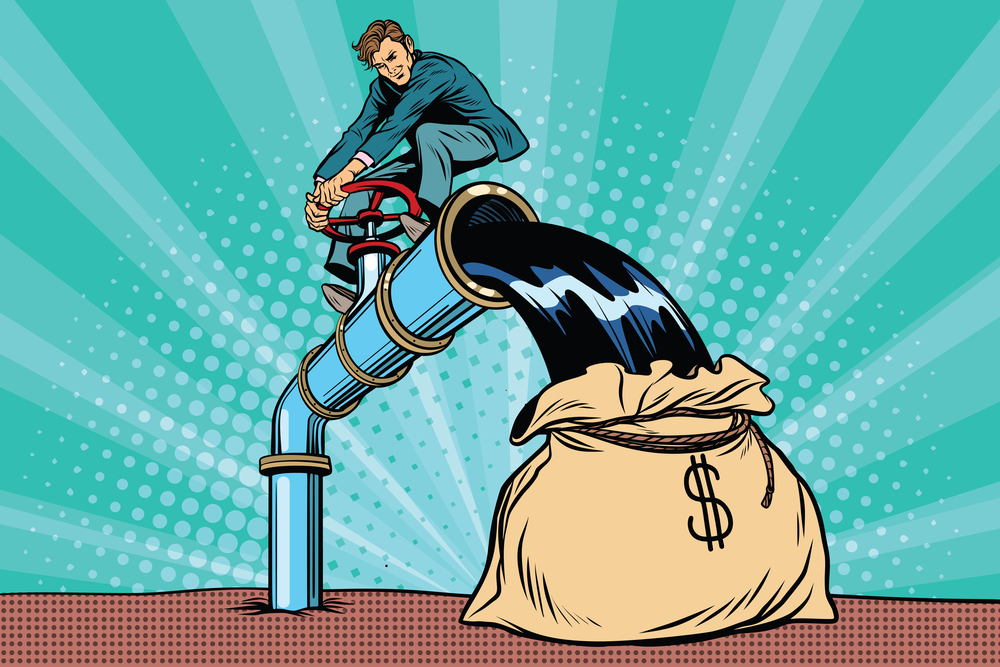
When a literal reading of the law makes it harder to regulate corporations, judges like Kavanaugh stick to a literal reading. When it doesn’t, they get creative.

The disastrous impacts of Hurricane Maria were made worse by inequalities of race, income and access to U.S. political power.

Join Institute for Policy Studies, Next System Project, and Kalpavriksh for a discussion on these and similar questions, drawing upon parallel experiences and insights from several different continents.

By my count, I get 13 more holidays before the sea threatens to swallow my family’s home.
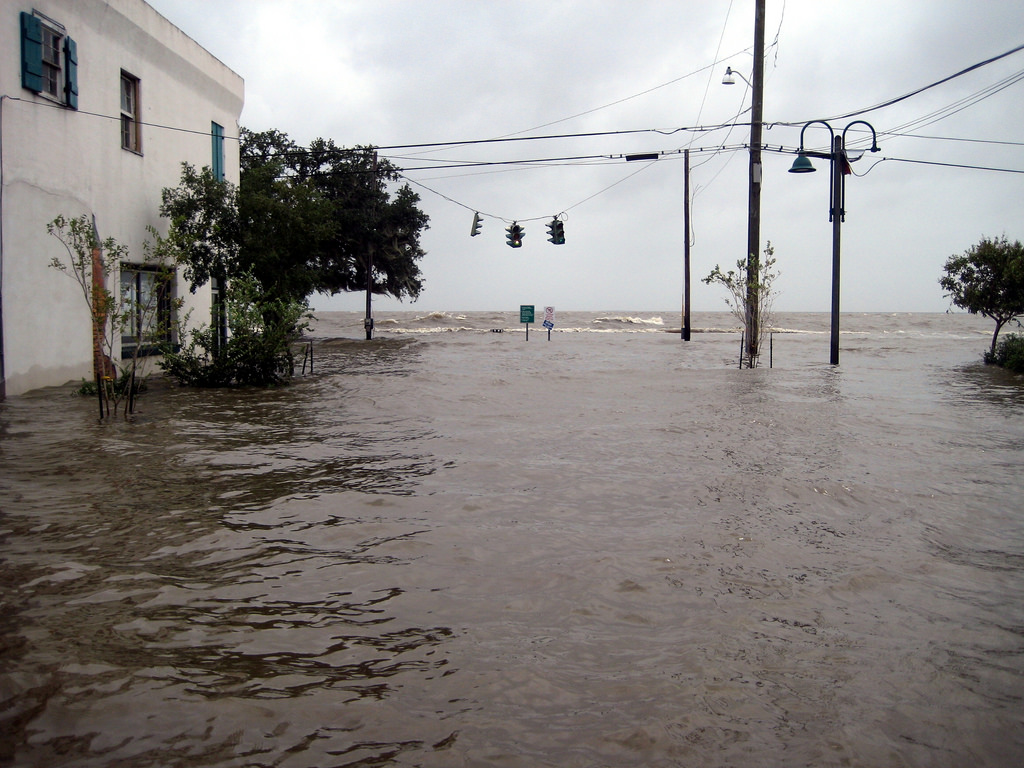
Trump administration policies are systematically making natural disasters more harmful for the poor and people of color.

While Trump puts his fossil fuel interests first, cities, states, and the international community will move towards a clean energy transition, IPS associate fellow Daphne Wysham told the Real News Network.
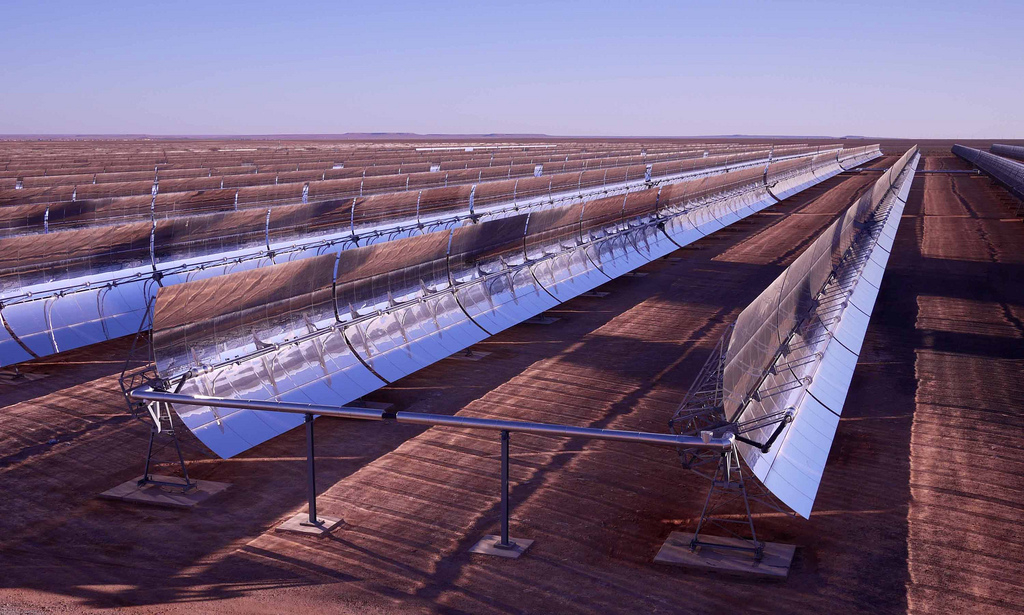
Policy change at the state level can keep environmental policy rolling forward, even as the federal government tries to roll it back.

A new report explains how states and cities can lift up low-income households through green energy initiatives.